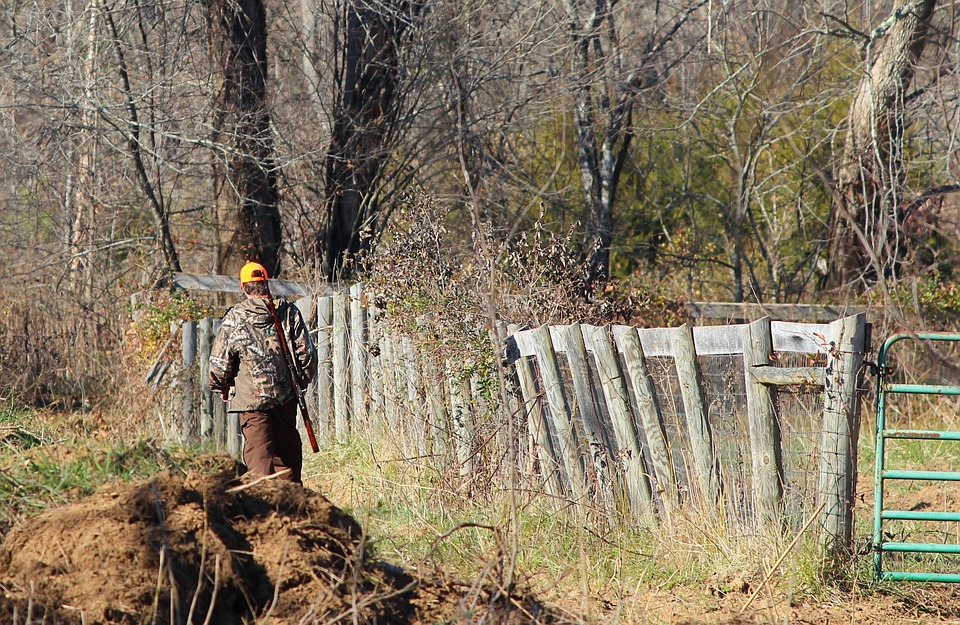
MADISON, Wis. (AP) — Republicans on the Legislature’s rules committee debated whether to break with Gov. Scott Walker and scrap his new emergency chronic wasting disease regulations for deer, calling the rules too expensive and cumbersome.
Republican state Rep. Adam Jarchow told the committee during a hearing on the regulations that the rules are “dumb” and “stupid” and Walker brought the rules forward in an effort to win votes.
“What has changed in the last three months or six months or nine months that requires an emergency response? I submit to you nothing has changed in that time,” Jarchow said. “Well, one thing has changed. There’s an election in a month. It’s a political stunt masquerading as policy.”
The rule also bans hunters from moving dead deer from CWD-affected counties unless they’re headed to taxidermists or meat processors. Fifty-five of Wisconsin’s 72 counties are considered CWD-affected, meaning they’ve either had a confirmed case or are adjacent to a county that has.
Walker has taken pointed criticism for doing little to nothing to contain CWD and protect Wisconsin’s beloved whitetail deer during his eight years in office. With re-election looming, the governor earlier this year ordered the Department of Natural Resources to require deer farmers to upgrade fences and ban hunters from moving deer carcasses out of CWD-affected counties. The rules took effect on an emergency basis Monday.
Deer farmers have balked at the cost, and lawmakers say hunters are in an uproar over the carcass movement restrictions. Sen. Steve Nass, co-chairman of the Joint Committee on Review of Administrative Rules, called the hearing Monday to vote on suspending the rules. The hearing began at 10 a.m. and was still going on as the clock approached 5 p.m. It was unclear when the panel might vote.
Nass began the proceeding by complaining that the rule will restrict hunters from bringing their deer home if they live in another county, forcing them to butcher them in the woods. He said the rule was rushed and hunters don’t know about it. He also cautioned that a new governor could come into office following the November elections and change course.
Jarchow gave a charged speech before the committee, predicting hunters will be so frustrated with the carcass movement rule they’ll just accept the citation if they’re caught moving deer across county lines.
“The rule is dumb,” he said. “It’s clumsily written and carries out a silly policy. It’s so stupid …this rule won’t stop the spread of CWD but it will annoy hunters and make their sport less fun and more difficult.”
He also complained that the Legislature should take the lead and no governor should write laws. The regulations are technically administrative rules but they carry the force of law.
Asked for comment on the debate, Walker’s spokesman, Tom Evenson, said in a two-sentence email to The Associated Press that the governor has worked to protect the state’s hunting heritage and would keep working with all “interested parties” to fight CWD.
Deer farmers lined up to tell the committee that they can’t afford new fencing.
“I do not have the money to put up another fence,” Michael Gillis, a deer farmer from Suamico, told the committee. “I’m tapped out. I’m 67 years old and I’m working nights to pay the bills. We’re strapped. (CWD is) like cancer. You can eat all the right fruits and everything (but) it’s going to happen. It’s inevitable.”
The rules call for deer farms that have had a CWD infection to install a second fence or solid barrier. CWD-free farms have three options: add a second fence, add a solid barrier or add an electric fence.
The DNR has estimated that farmers with CWD positives would collectively spend about $876,365 to comply. The cheapest option for farmers with no infections would be electric fencing, but the agency estimated that would still cost a total $1.3 million. Republicans insist the costs will be dramatically higher because the estimates don’t include labor.










